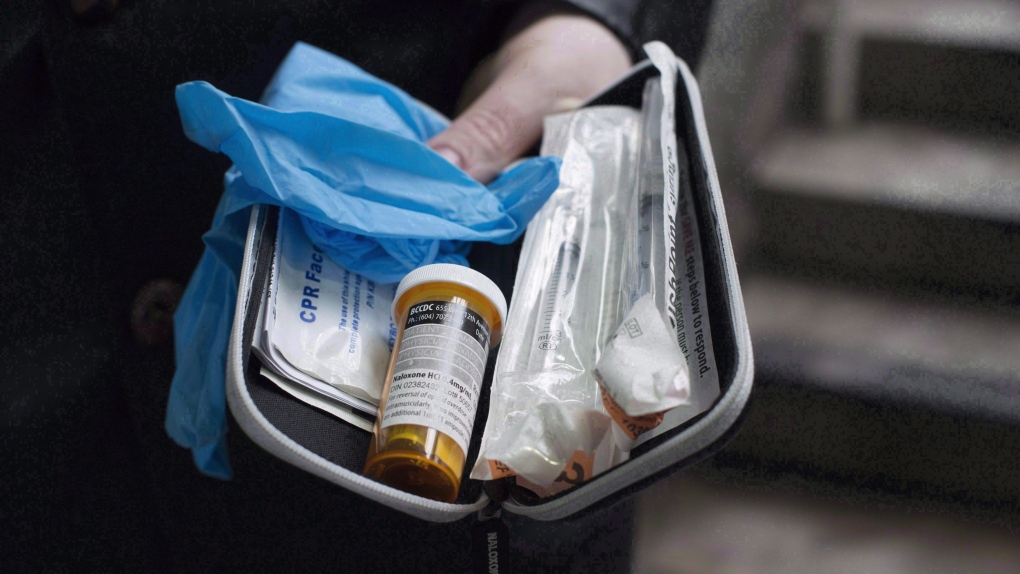One First Nation community in Ontario has officially declared a state of emergency due to an opioid crisis.
“In the last five years we’ve had over 45 deaths, drug-related to the opioid crisis,” Chief Veronica Smith, of the Chippewas of Nawash First Nation in Ontario, told CTV National News. “If we don’t start dealing with the problem, then it will only get worse.”
On June 26, during Chippewas of Nawash council meeting, the community declared a state of emergency as a result of the crisis’ overwhelming need for services and support, Smith explained.
Smith, who lost her son to a fentanyl overdose, knows first hand the toll this crisis is taking on families.
“His addiction just didn’t start over night. He had a long standing addiction that, over the years, was getting worse. And the drugs were getting worse. And the drugs are getting more addictive,” she explained.
“I don’t even think he realized how addictive fentanyl was.”
Smith said she pleaded for her son to get professional help, but that he eventually succumbed to his addiction.
“It was very hard,” she said.
“We’ve known here in our community, over the last number of years, that we were having an addiction problem,” she said.
Throughout the spread of COVID-19, Smith says she saw her community develop the need for supports.
“We saw an increase in the need for social services, child welfare statistics went high, family violence went high. And of course the addictions also went high,” she said.
“Social isolation really played a number on the people in the community.”
Part of the problem, Smith said, is convincing people to start the process of rehabilitation.
“We know it’s very hard for people to get into addiction treatment, that you usually have to go through a detox, you have to go through a medical, and then you have to [hope] there is a bed there.”
Smith says her community is calling for qualified social and medical support that can extend to the whole family of those affected by addiction.
“I think first and foremost we want to bring awareness to other First Nations that we are not the only First Nations in the state of crisis,” Smith said. “We don’t know how to solve the problems ourselves, so we are looking for help. We need some tangible services such as treatment centres, aftercare services, peer support services. There’s a number of services that we need to help with this addiction crisis.”
She added that work must extend beyond the individual affected by addiction, that the person’s entire family should also have access to help.
Smith and her community believe that the addiction crisis is only a “symptom of a much larger problem.”
“That larger problem is colonization,” she said. “The taking away of our culture, the taking away of our lands and our identities. That’s where I believe this addiction all stems from.”
A solution, she says, could come down to utilizing traditional Indigenous knowledge.
“We have ways and we have medicines and ceremonies that could help our people in the healing process. I think we need to start utilizing a lot more of our own ways and our own traditional teachings and the use of our elders.”
As their community gears up to handle this state of emergency, Smith knows it will be an uphill battle.
“We have so much work to do here. But I’m just glad we have the people in the community who are willing, ready, and able to help us get this work done.”

